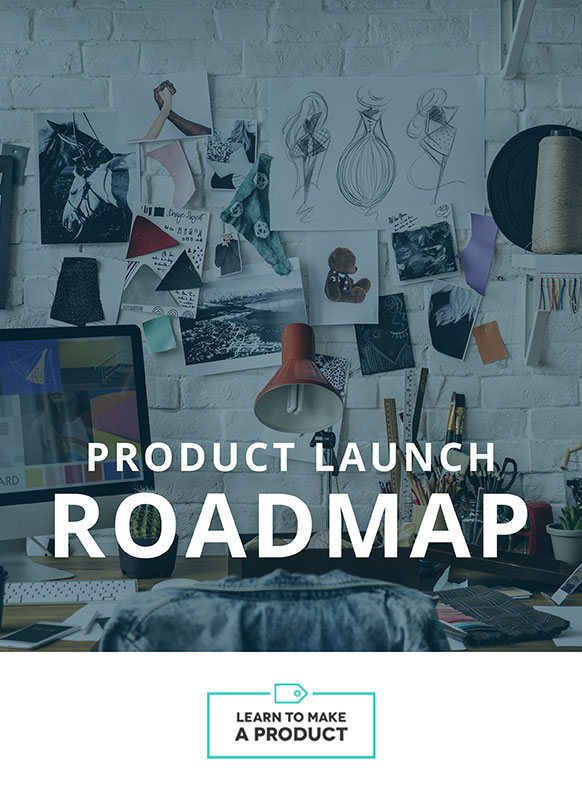This article originally appeared on our Forbes blog
Boston-based startup Ministry of Supply is obsessed with merging technology and style. Their signature performance-professional apparel line uses highly-engineered fabrics to deliver comfort, breathability, and the promise of never having to iron your work clothes again. Now, they’ve taken their scientific approach to design a step further with their newest release the Mercury Intelligent Heated Jacket.
Touted as the world’s first truly “smart” coat, the Mercury pre-heats with an Alexa-directed voice command. Or, if you don’t have an Echo, or happen to be too far from one, you can switch on the coat via an app or an interior power button. While saying “Alexa, turn on my jacket” is certainly novel, it’s not the only thing that makes the jacket stand out from other heated options on the market.
A microcontroller system begins learning the wearer’s preferences and behaviors as soon as the jacket is worn, gauging both outer and inner temperatures and monitoring speed and motion. (You can also turn the heat up or down via the app.) Over time, the built-in thermostat becomes adept at optimizing your body temperature for whatever conditions are present, such as jogging or walking indoors after being out in the cold. A replaceable battery delivers the necessary power for these tasks, and the jacket conveniently charges via a standard USB cord for up to a week’s worth of use.
Despite somewhat complex features, the Mercury looks much like a regular coat. It is not visibly bulky and the interior heaters are described by the company as “weightless” and “thinner than a dime.” The entire garment is machine washable.
According to their recent Kickstarter campaign, the public seems excited about Ministry’s concept. The jacket was launched on the platform last month and quickly raised nearly $650,000. Co-founders Kit Harrington, Gihan Amarasiriwarden, and Aman Advani believe the swift support is due to the company’s stated focus on market pull – answering a real market problem or opportunity versus technology push – which is simply invention for the sake of invention. “We saw a clear demand for a sleek, warm, and everything-proof jacket, that gets better with time by using technology. Kickstarter is great because it sniffs out market pull systematically and effectively.”
The next test for The Mercury will come in November of this year, when buyers will receive the first shipment of coats. Even when they work well, first generation products are often quick to evolve. Ministry will likely be monitoring feedback closely and updating future iterations of the product based on usage patterns and customer requests.
The wearable space is indeed heating up, but there is still lots of open space and opportunity. Entrepreneurs wanting to replicate Ministry’s success would be wise to look to market segments that have been historically under-served, such as women’s wellness, maternal health, and tools for the specially-abled. Prioritizing women-led design may also give companies a competitive edge, as it brings a valuable set of perspectives to the table and can fight bias in the artificial intelligence that fuels the wearable marketplace.
One thing, however, is certain – garments and accessories that integrate the latest technology are piquing public interest, and we’re likely to see a lot more of them in years to come.
